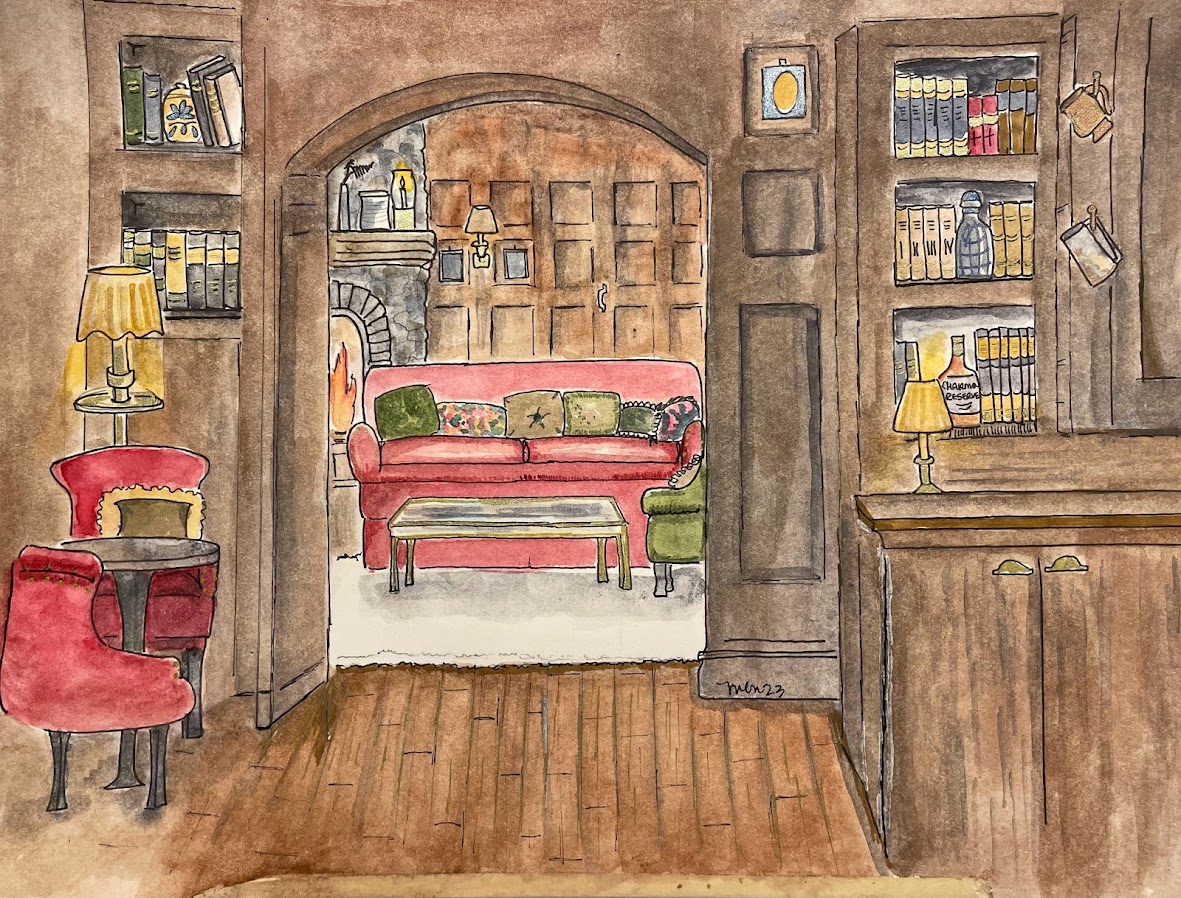I guess it is good that Lent is late this year. I usually use the excuse that living in sun-deprived Ohio, we have little need to “give up” things for Lent. Lent is a season of self-denial, and self-sacrifice in reflection of the 40 days Our Lord spent fasting and praying in the desert. Lent in Ohio is a given during winter. You cannot become a hoity-toity control-freak about your schedule, or winter knocks you off your hind-end fast, reminding you that you may plan, but you cannot be dependable if the ice, sleet or snow decides it wants to fall, and/or the power shuts off.
So I turn to books. Every winter, I envision, is my time to snuggle into a different reality through reading. This year, my journey has been through two 500 page (or thereabouts) books by Alison Weir about the royal journeys of the sovereigns through an era in England’s history. The first journey was the book “Princes in the Tower”, which leads up to the reign of Richard III and the long disputed mystery surrounding the deaths of his two nephews, who were rightful heirs to the throne at that time. The usurption of Richard’s reign to Henry VII, ends this book and picks up in the beginning of my second journey through her book “The Six Wives of Henry VIII”. This research takes us through the unfortunate fates of the wives of Henry VIII and his never-ending quest to produce an heir to protect the realm (as least the Tudor legacy to the realm). Ms. Weir takes incredible research to its heights as she examines every possible feeling and circumstance in the lives of her subjects. She often diverts off topic, necessarily, so the reader understands the complexity surrounding the next chronological step in the story. I do not agree with every one of her presumptions, such as the claim that Anne Boleyn was not an adulteress–I assume because she “held off affections” before Henry officially cast off his first wife–however, according to scripture in which even emotional affairs are very much considered adultry; (check out the Catechism of the Catholic Church Article 4; and CCC 2380 which quotes Matthew 5:27-28). She is a master researcher, and detailed beyond most, in that she contemplates the dynamics behind important decisions of her subjects. She has a gift for painting the authentic picture of this time in history, detailing architecture, textiles, hygiene, and protocol. I had a good idea of what being a woman in this era really must have meant. She captivated me with her detail, consideration and apparent love of history in her writings (For more info on Alison, go to http://alisonweir.org.uk/ ).
As I read through both books of the Tudor dynasty, I often asked myself what the perspective of these people’s must have been. What did they have to live for? Often the women were raised to impress men of rank, only to be married at an early age (13 usually) and upon child-bearing, usually caught a post-partum fever and died. If they were lucky, their child lived on. The higher up in rank you were, it could mean your child would be immediately transported off to another distant location, somewhere (hopefully) away from the wherever the plague was raging, and a wet-nurse and staff cared for the infant. They would be groomed for their own destined place in society, which for some, began upon birth.This all sounds really depressing right? Well, my mom always taught me “if you can’t say anything nice, don’t say anything at all.” So with that in mind, here is my point.
The sum of our lives does not add up to the mark we make in rank, goods, or even legacy of birth. It relies and encompasses the very moment we are in, and the very thoughts, words and acts of each day. Every small thing counts. Every extension of kindness, a smile, an arm on a shoulder, or just our presence with a loved one, is the sum of our person. It is what matters most. It matters very much, and helps add a little more clay to the sculpture we leave behind. Our love for others marks our lives in great ways that we will never even know until God chooses to show us just how it added to His great plan.
Even the shortest of lives have made a great difference. Parents who have had a child die young of a terrible disease will often be heard to say that they wouldn’t have traded that sorrow for the world, because the joy it brought by having that spirit in their lives changed them forever, and for good.
St. Therese of Lisieux and Blessed Theresa of Calcutta both attest to the fact that it isn’t what we do that matters in life. Is that we do the smallest things with great love. The dishes can be done with love. Matching socks out of the laundry can be done with great love and intention. Wiping down a toilet can even equate to great love (especially if you offer this yucky job as a sacrifice for someone in need of a prayer). It is in these smallest offerings that our lives equate to greatness. Let us enter Lent understanding that it isn’t what we take upon ourselves, or offer to give up, it is the attitude with which we conduct our every breath that matters. That every heartbeat is a prayer from us to God (St. Therese), and that we do it all for Him, and in His great name.


Leave a comment